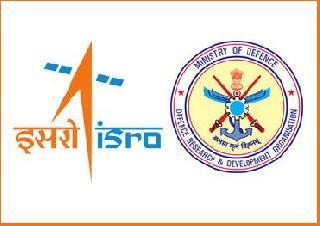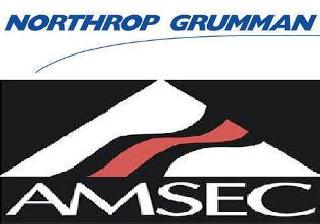
BANGALORE (PTI): The US action in removing space and defence-related Indian entities from the export control list is "good", but much would depend on its licensing policy as many items required by these organisations were for dual-use, a top defence official has said.
"...even though we have been removed from the entity list it only has taken (us) from the denied list to the enabled list... but it does not take away from the government rule or government law as far as dual use is concerned," Scientific Advisor to the Defence Minister, Dr V K Saraswat said Friday.
The impact of the removal would be clear when those laws would be stipulated, he said, adding, "We cannot say whether it will help us or it will maintain the same situation."
The US has removed nine Indian space and defence related companies including those from ISRO and DRDO from its export control 'Entity List' in an attempt to expand high technology trade and strategic cooperation with India.
Saraswat said the purpose of the control regime was basically to deny the technology to the country's programmes and projects which were on the anvil at that point of time.
"But as a country we gained, because we accelerated our programme of developing those items and products that had been denied to us," he said.
On the impact of the removal of these organisations from the entity list, he said the entities like ISRO and DRDO required dual use items – from military to peaceful use to non-conventional use.
"So much depends on how the dual use technology licensing will be done by the US for which the US law today is very clear that anything that is of dual use has to get licence," he said.
It was the market forces in the US and Europe that had driven the removal of the control regime as otherwise countries not observing these regimes would benefit and the US economy would not, he said.
"Hence the removal is driven by economy, by market force.
No ethics is involved," he said.
On role of private industry in the defence sector, Saraswat said participation of private industry, small scale industries and large firms "is very large".
"DRDO, ISRO and Atomic Energy have been responsible in the steep rise in capabilities of the private industry," he said.
More than 1,500 industries are participating in the development. Many started as component manufacturers and then graduated to sub-system manufacturer.
"But what we are looking forward to now is they should graduate to lead integrators so that we have a large number of private industries available for taking on a multiple of projects which are on anvil and reduce load on public sector in a large way," he said.
"If we want a large number of Akash (missiles) to be produced, it is essential we have a production line of Akash residing in one of the lead integrators agencies which can do this.
"Expectation of DRDO is very high from the private industry and we would encourage as much as we can by way of technology transfer, by way of mutual transfer of scientists and supporting infrastructure development in these private industry for turning them into lead integrators as well as designers," he said.
To a question on exports of Akash and Nag missiles, Saraswat said, "We are at the moment taking care of our own needs. Akash has just entered into production. We have a major requirement to be met to meet our own Army and Air Force’s requirement. So, our first priority is to meet that.
"We will look at exports at a later stage, but yes, there are requests coming in and as a government we are taking a very calibrated view on the fact of internal production and for external usage."
On Agni missiles, he said, "Agni series of missiles are under development and many versions are already inducted in the armed forces, particularly the strategic forces. So we have a strong programme wherein many versions of Agni will be tested but among the new, this year, you will witness the launch of Agni V, which is the first launch of the particular missile.
"You will also witness many tests on the already inducted missile systems as part of the training programme for the strategic forces.
"So you will see many missiles taking off from February- March till December. Among them are ballistic missile interceptors, Agni interceptors that will be undergoing a series of tests," he said.
 Previous Article
Previous Article Next Article
Next Article













The Indian Air Force, in its flight trials evaluation report submitted before the Defence Ministry l..
view articleAn insight into the Medium Multi-Role Combat Aircraft competition...
view articleSky enthusiasts can now spot the International Space Station (ISS) commanded by Indian-American astr..
view article